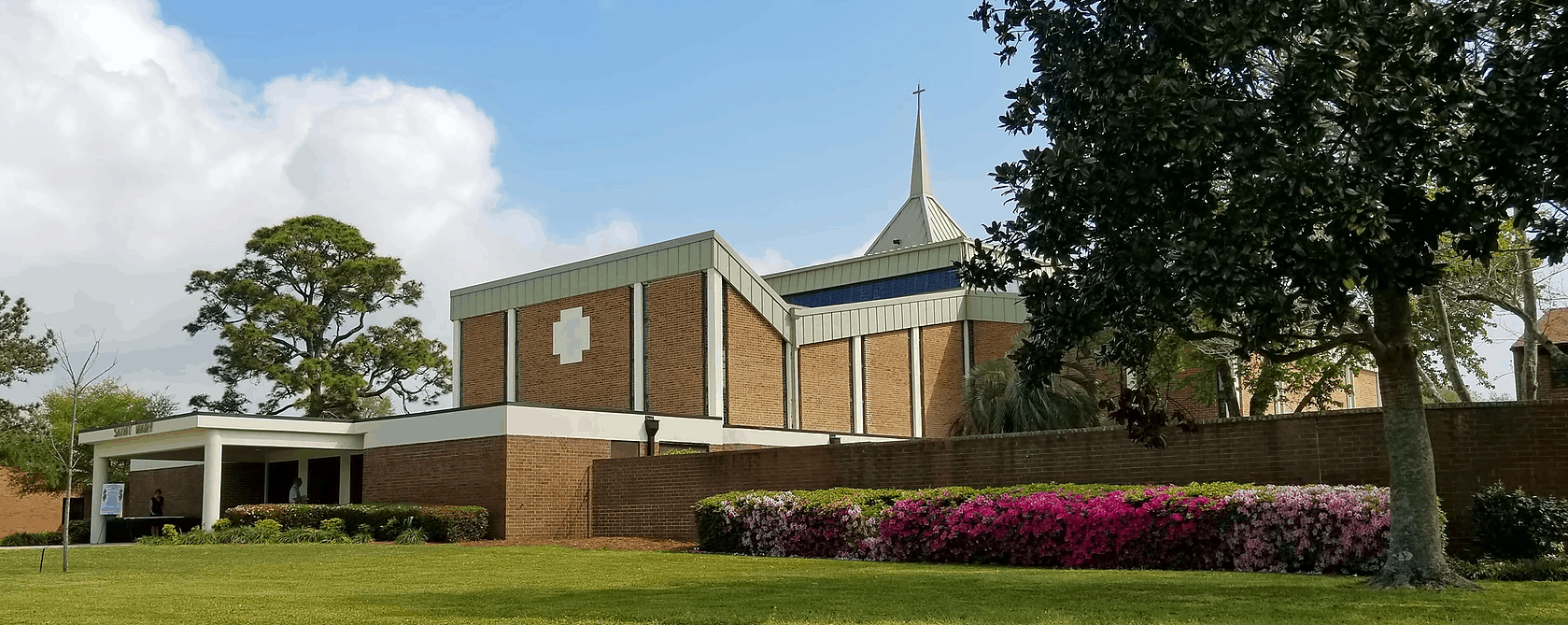
Light Switch Wk 4: Dwelling in the Light
It is almost Lent, so we will be starting a new homily series next week for Lent, and we are calling it Undefeated. Why call it undefeated? No Matter what temptations we face, we don’t have to let them defeat us. We can stay undefeated. Lent is a great time to practice winning over temptation, to stay undefeated. It should be a good series. Maybe you can invite someone to come listen starting next week.
For the last 3 weeks, though, we have been talking about how we can be a light switch for others, turning the light of Christ on for them, and teaching them how to do that for others. In that way we share the light of Jesus Christ, and thus share Jesus with the world.
As we enter into this last week of our light switch series, I am struck by Saint Paul asking us in our second reading today “Brothers and sisters: Do you not know that you are the temple of God, and that the Spirit of God dwells in you?”
God dwells in you. You acknowledge God dwelling in you and foster his growth in you, when you choose to dwell in the light of God’s word. Every time you choose to dwell in the light, you become more and more God’s temple, the place where he dwells to the point where you become more and more like the light of God in the world for others.
Then there is that last line in the gospel today that so many people ask me about regularly: Jesus says: “be perfect, just as your heavenly Father is perfect.” You may wonder, how in the world can we be perfect. Consider this: Just before that gospel today, we sang the gospel acclamation, “Whoever keeps the word of Christ, the love of God is truly perfected in him.” That verse defines perfection as keeping the word of Christ.
So we dwell in God’s perfect light every time we keep the word of Christ. This is what we mean by dwelling in the light, keeping the word of Christ.
The opposite of dwelling in the light is seeking revenge.
That is why Jesus addresses something we have all felt at one time or another, the desire for revenge. You have probably heard it said, “I don’t get mad. I get even.”
Really? That’s not just thinking small; it doesn’t work. Nobody ever really gets even. Trying to will only prolong and deepen the pain. If you doubt that, just think about Lebanon, the Arabs, and Israelis, Northern Ireland, Iran, Iraq, Russia, Ukraine. You know the list. Decades, maybe centuries, of trying to get even. Nobody ever really wins and everybody loses every day. Getting even on the personal level doesn’t work any better –just check your experience.
We all know what happens when people get into the business of revenge. A person does another wrong. The other party retaliates. The individual responds with a fresh injury, then the perpetrator strikes back. Then comes a counter punch. The other hits back and it goes on until a feud is born, a feud that continues even after the people can no longer remember why they are fighting.
This is the point of today’s Gospel. Jesus is teaching us that the only way to end the cycle of revenge and retaliation is for someone to pull the plug on it. That is called forgiveness. Revengeful people dwell in the dark. Forgiving people dwell in the light.
The word “forgiveness” sounds weak and anemic at first. But is it? Which requires more courage, inner strength, maturity and spiritual muscle, to strike back or to end the conflict? Striking back is easy. It happens in every school yard in the world. It takes nerve and spiritual virility to forgive. Any child can strike back. It takes an adult to forgive. Consider what the world and what our personal world would be like if we never forgave, if we remembered every hurt and every slight. We would end up in an emotional and spiritual gridlock of resentment, spending precious hours of our day planning to get even. That translates into hate which will consume us and destroy our spiritual life.
Forgiveness starts with a choice to consciously live that way. There are people who choose not to forgive. They remember everything. If we refuse to forgive others, we do not really harm them, but we do hurt ourselves.
I suppose it is human nature to resent a person who does wrong to us. The Lord does not tell us that we should like it. But our response should not be fueled by the urge to strike back, but by whatever will defuse the conflict, so both people can proceed with their lives. When you do that, you are seeking to dwell in God’s perfect light, and you are inviting God into your hard situations. To learn to do that is both a skill and a grace. And it takes time. So why not start now?
The willingness to forgive is a sign of the Holy Spirit at work in us, dwelling in us. Our starting to forgive, as God forgives us, is a sign that we are becoming like the God we love and dwelling in God’s light. Dwelling in the light will transform our hearts to respond in love, with compassion, understanding, generosity, forgiveness, and mercy.
Forgiveness may, or may not, bring healing to others. However, it always heals us and sets us free. There is freedom in dwelling in the light.
Here is an idea you might want to try. Get together with your children, family, friends, or coworkers, and talk about what it means to dwell in the light. Why would you want to do that? Because we can always learn from each other, and there is freedom in dwelling in the light. Let the lord lead you there, for there is freedom in dwelling in the light.


.jpg)